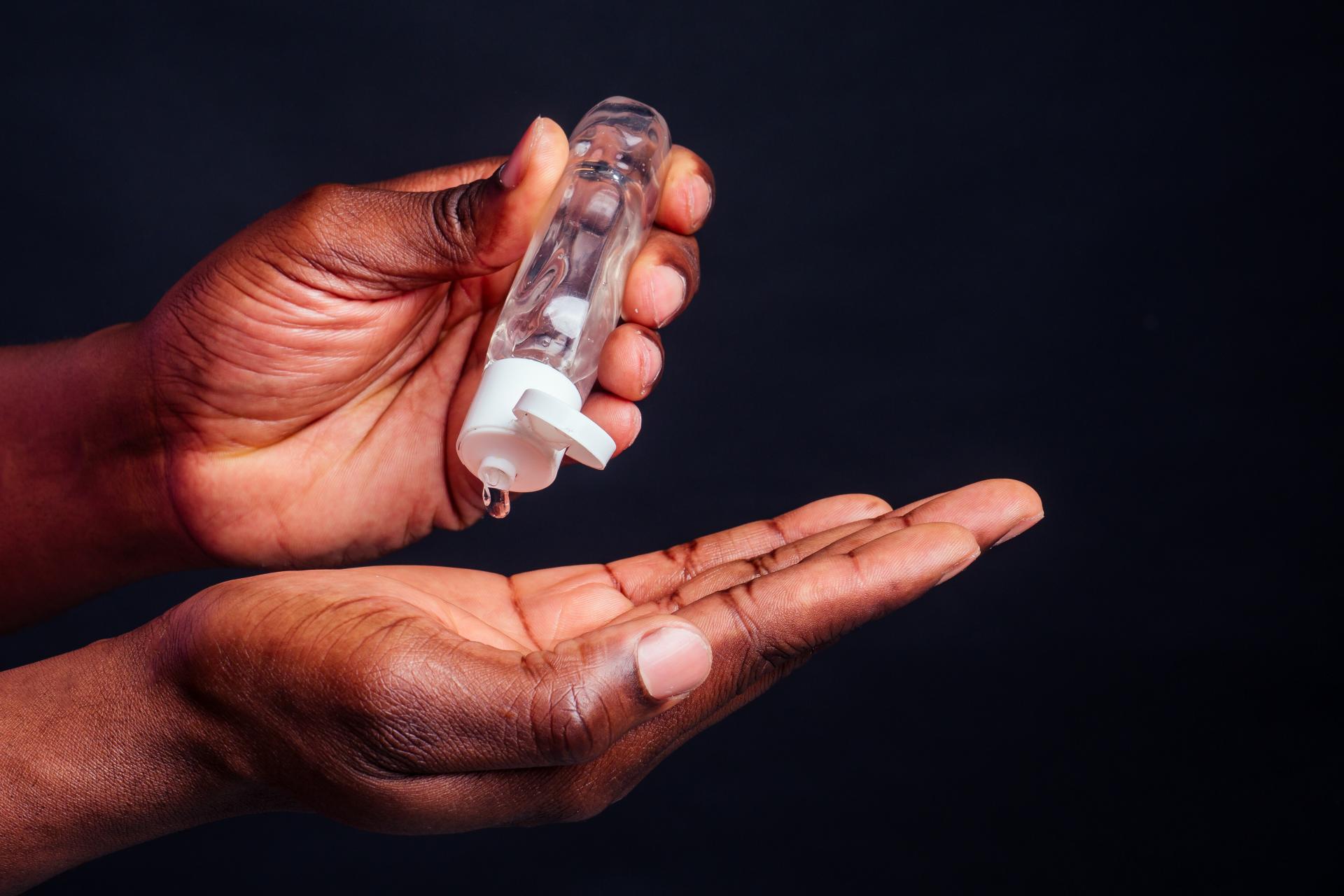The Perils of Personal Silicone Lubricant: Why Health Matters


In this post, we'll explore the reasons why silicone lubricants can pose potential health risks and suggest alternative, safer choices for a more satisfying and healthy experience.
Chemical Composition
Silicone lubricants are typically made from synthetic polymers derived from silicon, a mineral element found in rocks and sand. While silicone itself is inert and generally safe, the production process often involves the use of various additives, such as preservatives and fragrances, which can introduce harmful chemicals. These additives might cause irritation, allergic reactions, or disrupt the natural balance of the body's delicate intimate ecosystem.
Non-Biodegradable
One of the most significant environmental concerns surrounding silicone lubricants is their non-biodegradable nature. Unlike water-based lubricants or natural alternatives, silicone lubricants do not break down naturally over time. This raises concerns about the accumulation of silicone waste in landfills and water bodies, contributing to pollution and harming aquatic life.
Incompatibility with Certain Products
Silicone lubricants may not play well with certain products, such as silicone-based sex toys or condoms. When used in combination, silicone-based products can cause the materials to degrade or break down, compromising their integrity and efficacy. This can lead to safety risks, reducing the reliability of contraception and increasing the potential for sexually transmitted infections.
Difficult to Wash Off
One of the unique properties of silicone lubricants is their long-lasting nature. While this might be appealing during intimate moments, it can be quite bothersome when it comes to clean-up. Silicone lubricants are notoriously challenging to wash off with water alone, requiring the use of soap or other cleansing agents. Excessive washing or scrubbing to remove the residue can lead to skin irritation, further exacerbating the risks associated with their use.
Healthier Alternatives
To ensure a healthy and enjoyable intimate experience, consider using healthier lubricant options, such as water-based or natural alternatives. Water-based lubricants are compatible with most sex toys and condoms, are easy to clean up, and are less likely to cause adverse reactions. Natural lubricants derived from plant-based ingredients, like aloe vera or coconut oil, offer a chemical-free option that is gentle on the skin and environmentally friendly.
While silicone-based lubricants may have gained popularity for their smooth texture and long-lasting qualities, they come with potential health risks that cannot be ignored. From harmful additives to environmental concerns and incompatibility with certain products, the drawbacks of personal silicone lubricants are clear. Making informed choices about intimate products is essential for promoting personal well-being and safeguarding the environment. By opting for healthier alternatives, we can ensure a pleasurable and safe experience without compromising our health or the planet.








